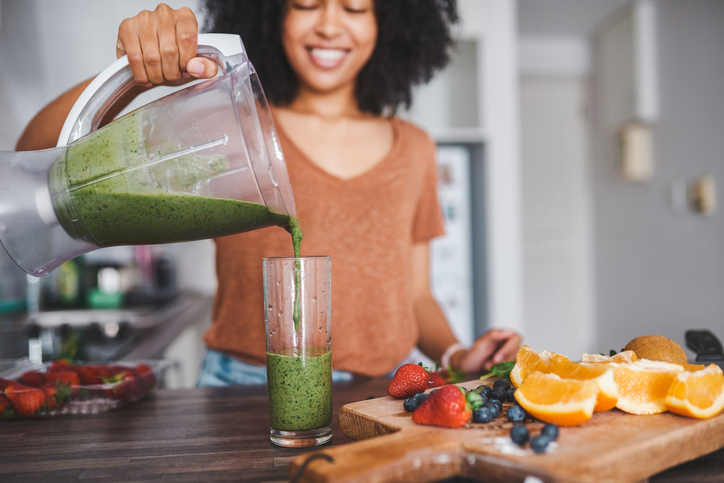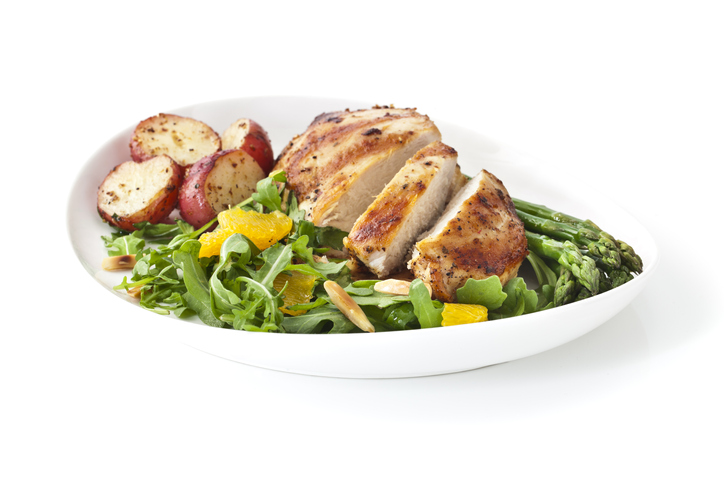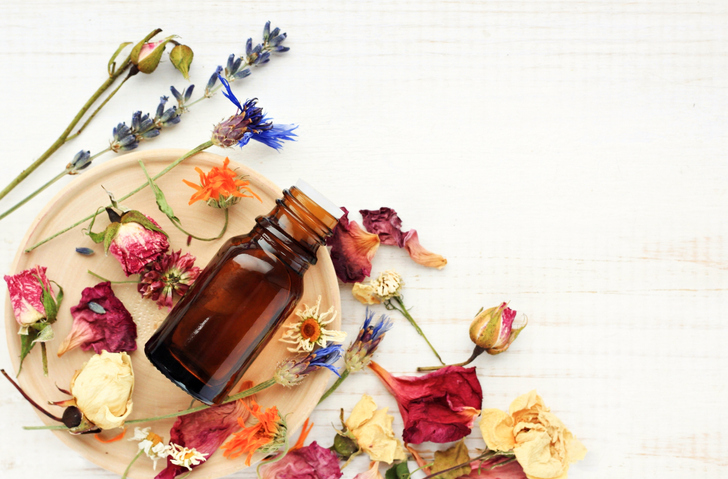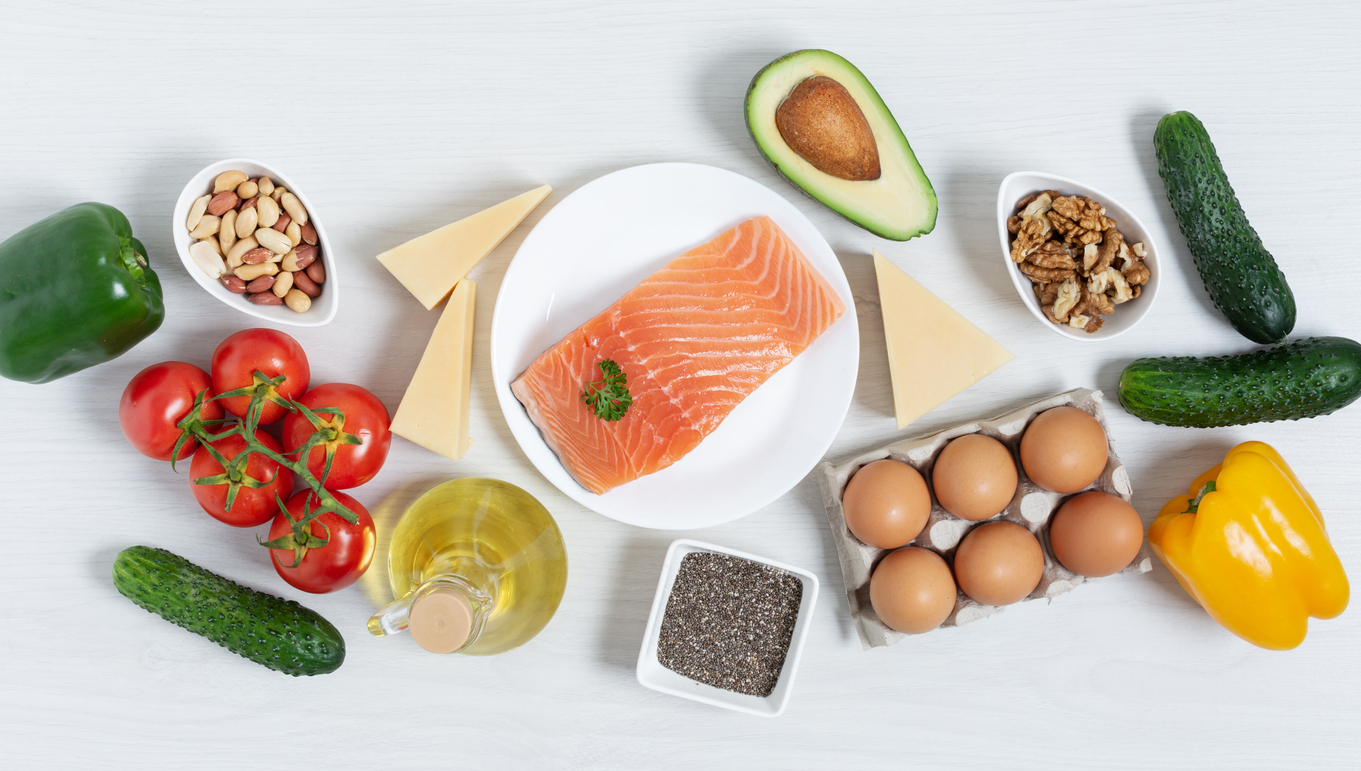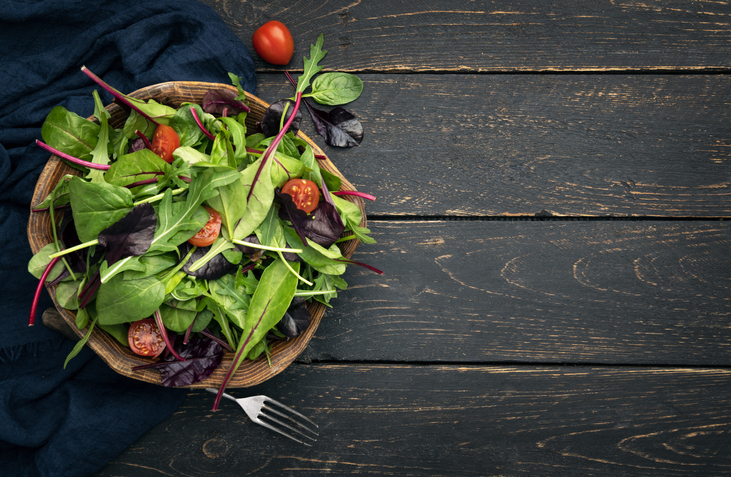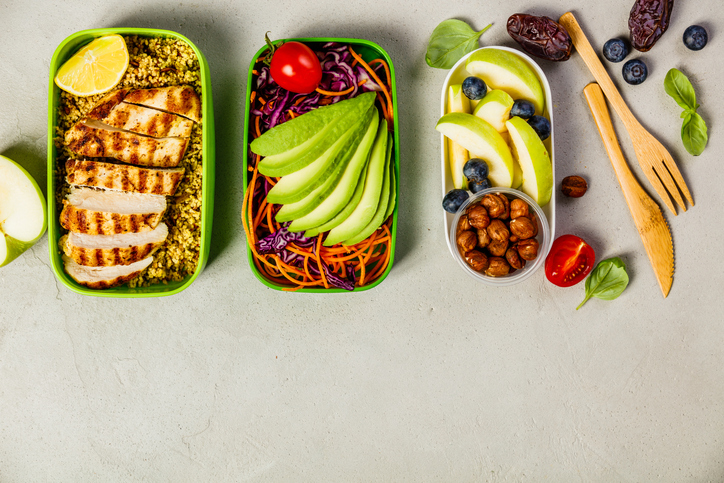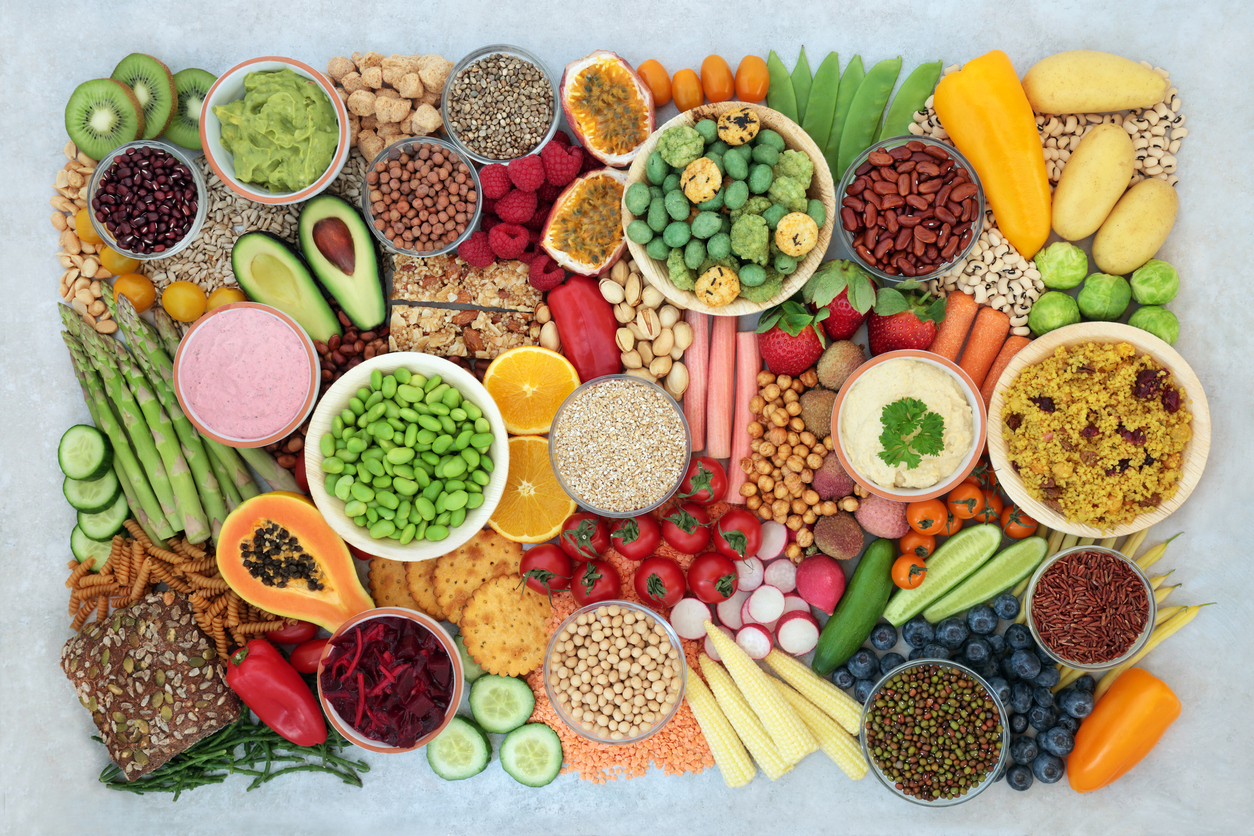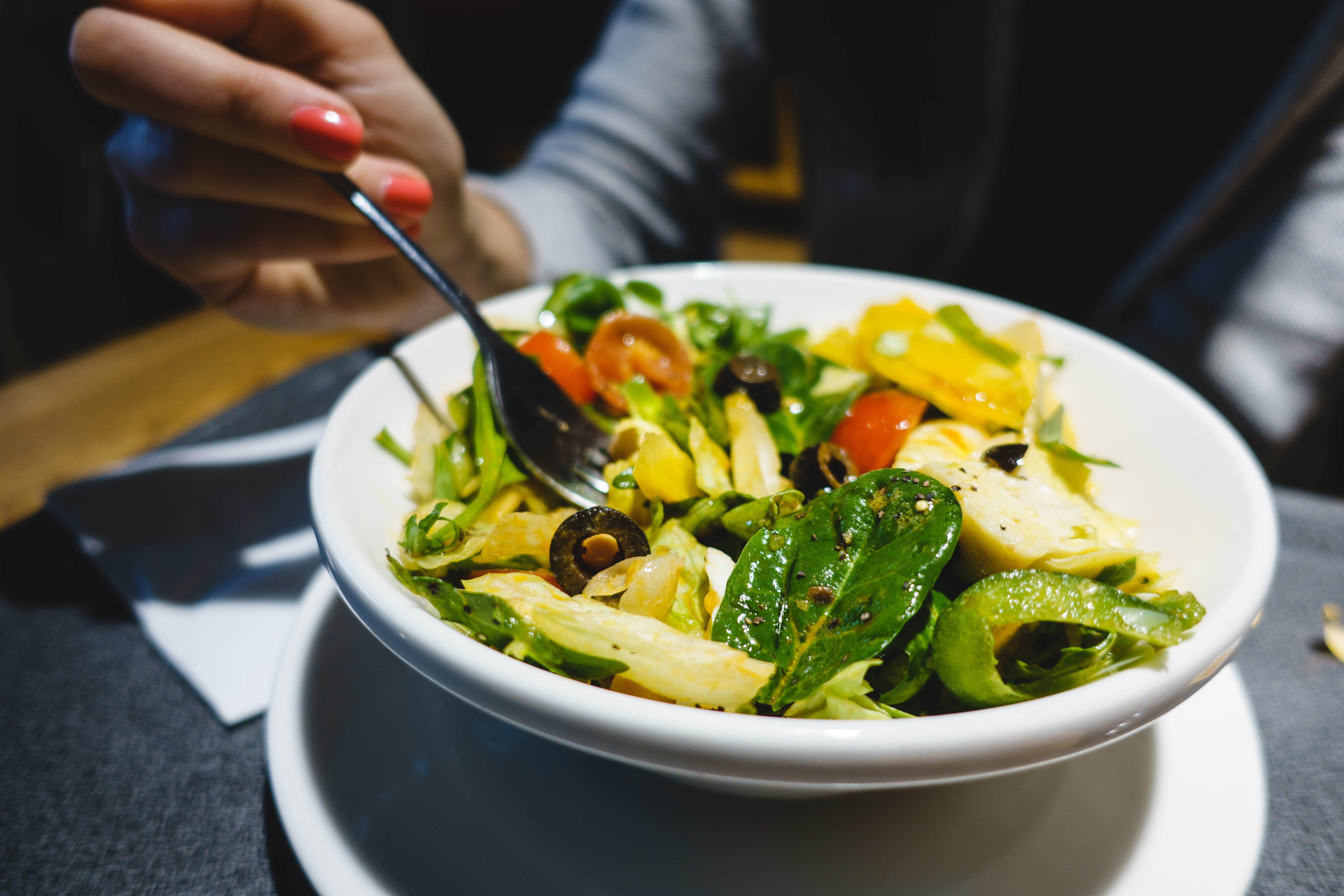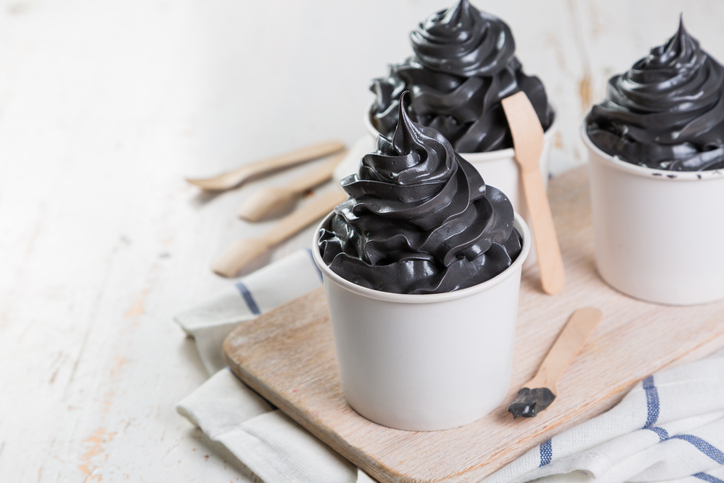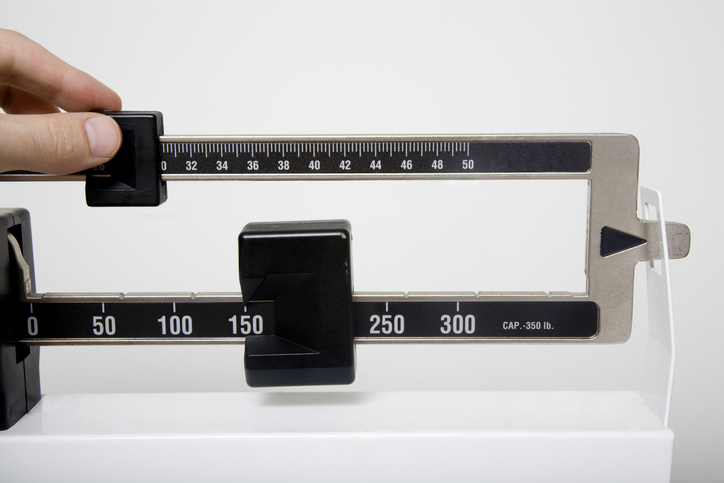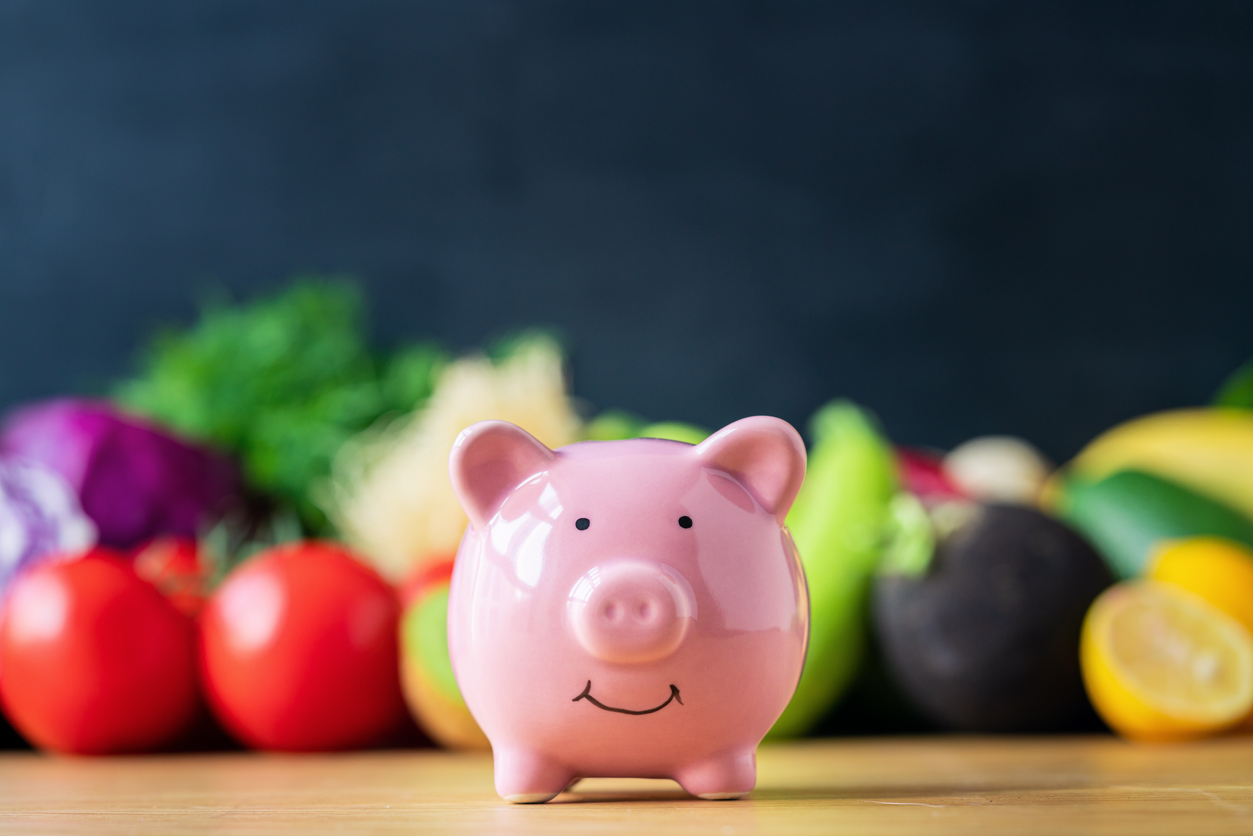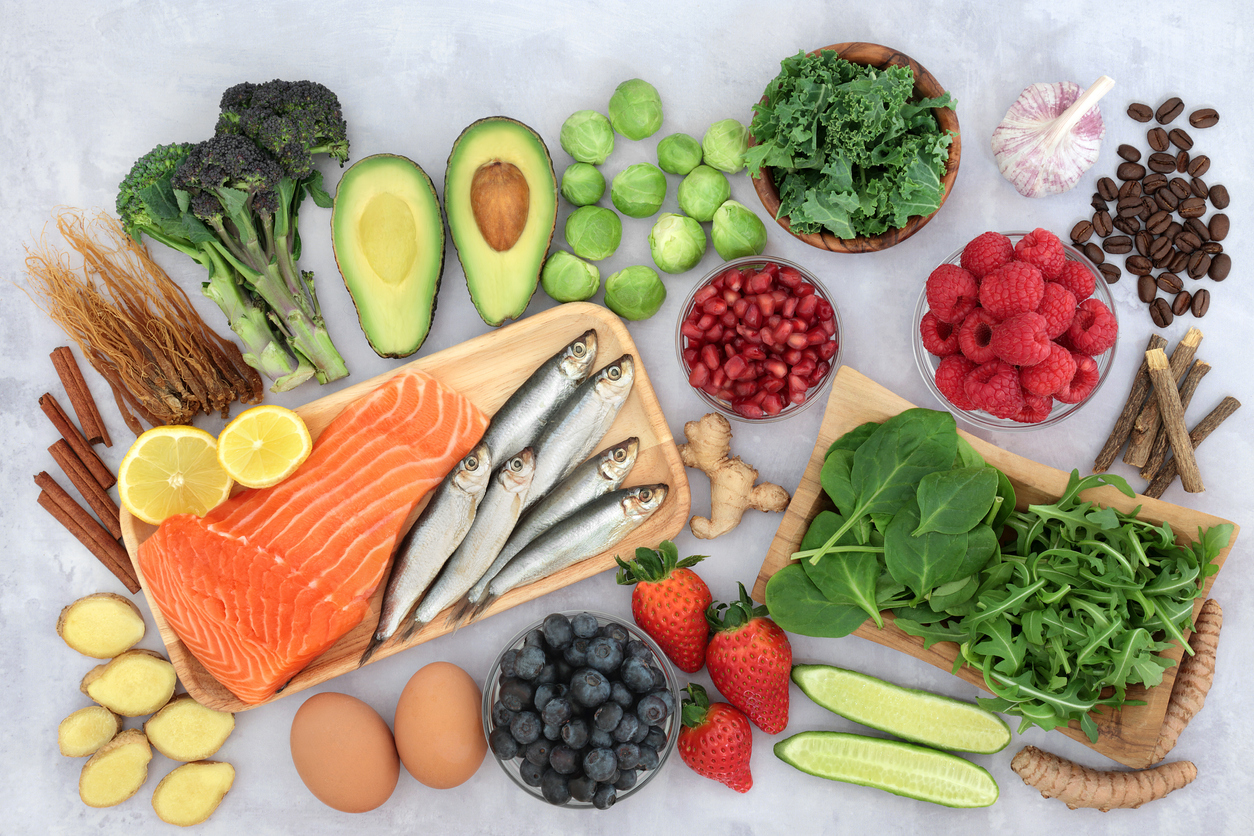Wellness
Tips for a Gluten-Free Diet
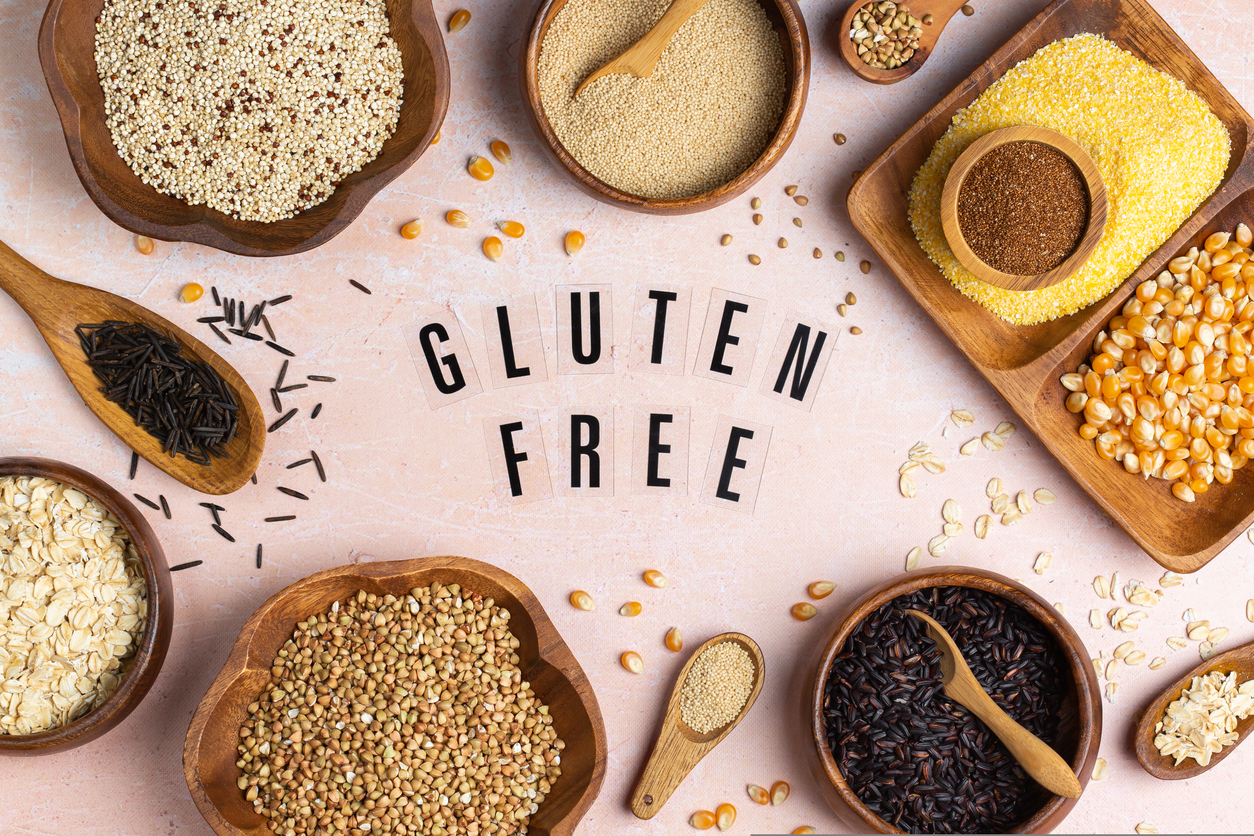
What is gluten?
Gluten is a group of proteins that are naturally present in the following grains: wheat (including spelt, kamut, farro and durum), bulgar, semolina, barley, triticale, rye and malt. It gives bread the ability to rise when baked and a chewy texture when consumed. Gluten is also used as an additive in various processed foods to enhance texture and retain moisture. The word “gluten” is derived from the Latin word for “glue,” because it provides a sticky consistency when flour is mixed with water.
Diet details
A gluten-free diet requires attention to food selections, ingredients, and nutritional content. According to the U.S. Food and Drug Administration (USDA), foods labeled as gluten-free must have fewer than 20 parts per million of gluten. Foods with this label include naturally gluten-free food, prepared food with no gluten-containing ingredients, food that is not cross-contaminated with gluten ingredients, and food that has been processed to remove the gluten. For best results, eat unprocessed, single-ingredient foods.
Foods to eat
Foods that do not contain gluten include, but are not limited to, the following:
- Amaranth
- Arrowroot
- Beans and legume in an unprocessed form
- Beverages (except for beer, unless labeled gluten-free)
- Buckwheat
- Butter
- Corn
- Most low-fat dairy products (unflavored milk, yogurt, cheeses, etc.)
- Eggs
- Flax
- Gluten-free flour, such as potato, corn, chickpea, soy and coconut
- Gluten-free meal, such as almond and cornmeal
- Fresh fruits and vegetables
- Herbs and spices
- Hominy
- Meats that are lean, unprocessed, unbattered and uncoated
- Millet
- Unprocessed nuts and seeds
- Quinoa
- Rice
- Sorghum
- Soy
- Tapioca
- Teff
- Vegetable oil
Foods to avoid
Certain foods or drinks include gluten ingredients and should be avoided. The ingredients include the following:
- Barley
- Rye
- Triticale
- Wheat, including durum, einkorn, emmer, kamut, spelt, etc.
Specific foods to avoid include, but are not limited to, the following:
- Baked goods (e.g., cakes, cookies, crackers, croutons, pies, etc.)
- Beer or flavored alcoholic beverages
- Brewer’s yeast
- Broth (unless labeled as gluten-free)
- Cereals (unless labeled as gluten-free)
- French fries
- Gravies
- Hot dogs
- Imitation meat or seafood
- Malt and malt flavoring
- Meat with breading
- Oats (although naturally gluten-free, they are often cross-contaminated by being processed in the same factory as wheat-based foods)
- Processed lunch meat
- Salad dressings
- Sauces (e.g., soy, teriyaki, marinades, hoisin)
- Seasoned rice mixes
- Self-basting poultry
- Snack foods (e.g., candy, crackers, pretzels, flavored chips and popcorn, etc.)
- Soups, bouillon, or soup mixes
- Vegetables in sauce
- Wheat-based bread or pasta
- Wheat flour, including enriched, farina, graham, self-rising, and semolina
Medications and supplements to avoid
Certain over-the-counter and prescription medications use gluten as a binding agent. Therefore, it is important to speak with a pharmacist and health care professional before taking medications or supplements.
Helpful tips
Tips for a gluten-free diet include, but are not limited to, the following:
- Store gluten-containing and gluten-free foods separately to avoid cross-contamination.
- Research restaurant menus online to ensure gluten-free options are available.
- Keep cooking surfaces and food storage areas clean to avoid cross-contamination.
- Toast bread in the oven or in a separate toaster.
- Read labels thoroughly and avoid items with wheat, barley, rye, malt, and hydrolyzed vegetable protein.
- Avoid bread, such as white, wheat, marble, rye, bagels, muffins, croissants, hamburger buns, scones, and pizza.
- Health food stores and major supermarkets carry gluten-free products, including breads made with rice or potato products.
- Avoid traditional cereals and opt for corn or rice-based cereals.
- Avoid traditional pasta and use pasta made from rice, corn or quinoa.
- Avoid crackers, since most are made of wheat.
- Rice cakes and corn chips make a gluten-free, crunchy snack.
- Marshmallows, gumdrops, and plain hard candies are often gluten-free.
- Beer contains gluten and should be avoided. However, if an alcoholic beverage is desired, try wine or liquor.
- Check labels on frozen or canned fruits and vegetables.
